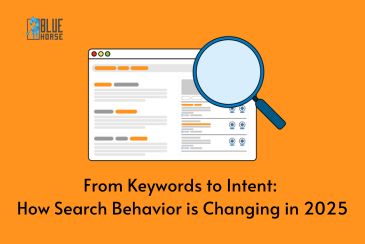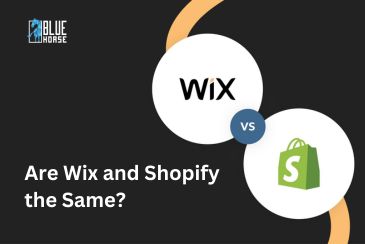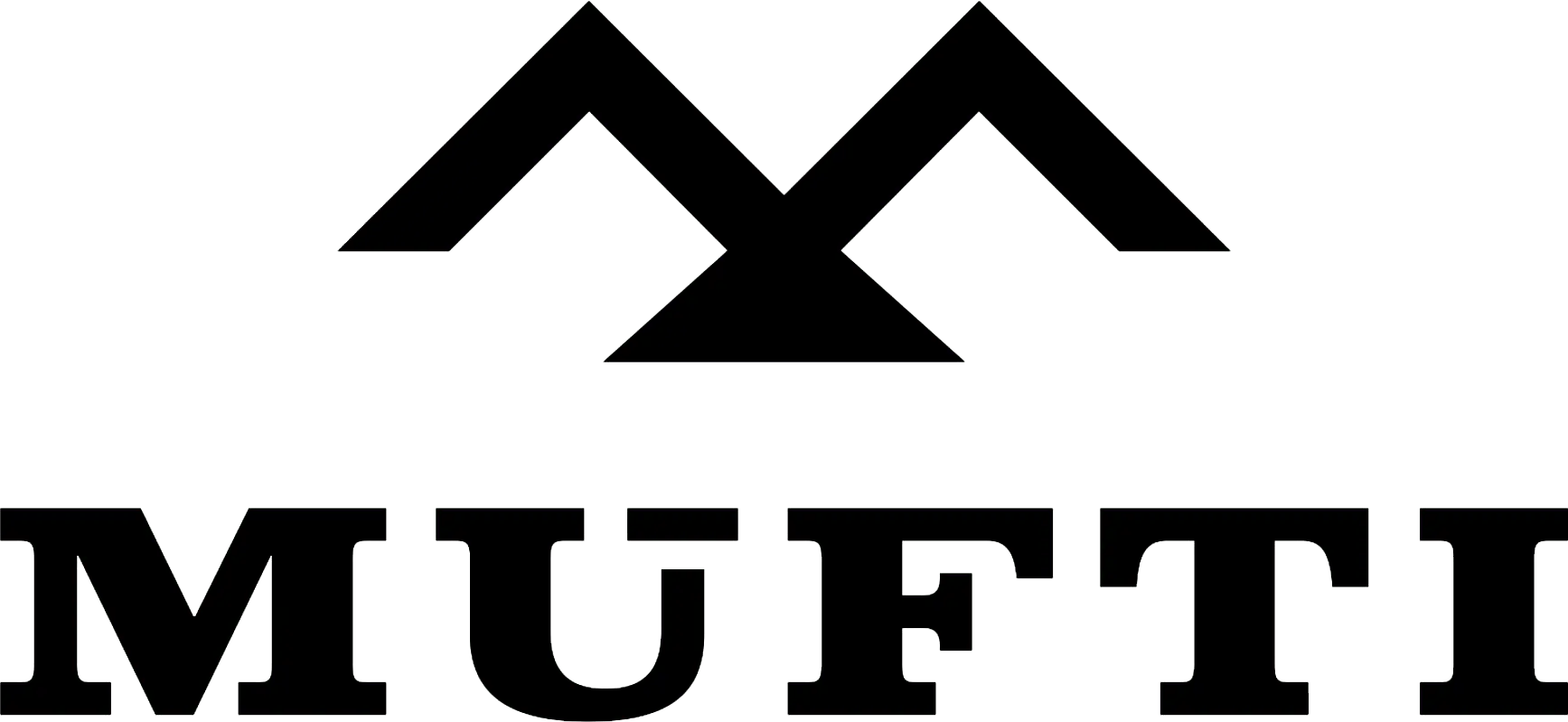Why are dark stores becoming essential in the quick commerce industry
As the demand for fast, convenient online shopping grows, dark stores are emerging as a transformative solution within the eCommerce landscape. These dedicated fulfillment centers operate exclusively for online orders, enabling businesses to deliver faster and manage inventory more efficiently. Dark stores, often strategically located in urban areas, make it easier for companies to bring products closer to customers, reduce delivery times, and optimize logistics. With the rise of quick commerce in cities worldwide, dark stores are becoming central to the future of retail.
What is a Dark Store?
A dark store is essentially a closed-to-the-public retail outlet that serves as a fulfillment hub for online orders. By eliminating the need for a consumer-friendly shopping environment, dark stores can focus on streamlined inventory and logistics, specifically designed to meet the needs of online shoppers rather than in-store foot traffic. These spaces are optimized for quick commerce—delivering essentials, groceries, and even electronics to customers within minutes of ordering.
While dark stores were initially popular for grocery and FMCG deliveries, they are now being adopted across diverse retail categories like fashion, pharmaceuticals, and electronics. Many dark stores operate 24/7, allowing consumers to order at any time and still receive quick delivery, which has proven especially valuable in densely populated urban areas.
Key Benefits of Dark Stores
- Reduced Delivery Times
By situating dark stores in urban centers or high-demand areas, companies can reduce delivery times, meeting the rising consumer expectation for rapid, convenient service. - Efficient Inventory and Stock Management
Without the need for an in-store shopping setup, dark stores maximize storage space for inventory and ensure popular items are in stock, minimizing the risk of stockouts. Real-time data also enables quick restocking and optimized inventory management based on demand. - Cost Efficiency
Without the overhead costs of traditional retail spaces, dark stores offer a more affordable solution for online retailers. This efficiency helps brands maintain competitive pricing while serving a large urban customer base. - Enhanced Customer Experience
Faster deliveries, a wider range of products, and reliable service all contribute to better customer satisfaction, which helps build loyalty and encourages repeat purchases.
Key Players in India’s Dark Store Market
India's quick commerce scene has seen remarkable growth, with several prominent companies leveraging dark stores to revolutionize online shopping. Here are some notable examples:
- Zepto: One of the pioneers of quick commerce in India, Zepto promises delivery within 10 minutes for essential items, groceries, and daily necessities. Zepto’s dark stores are strategically located in major Indian cities, allowing rapid delivery and ensuring that high-demand products are available whenever needed.
- BigBasket: India’s largest online grocery platform, BigBasket, has been rapidly expanding its dark store network to offer express delivery options. With BigBasket's BB Now feature, the company promises delivery within 15–30 minutes, focusing on making essential products accessible and affordable for urban customers.
- Blinkit (formerly Grofers): Blinkit has transformed into a quick commerce platform, offering deliveries within 10 minutes in selected areas. By establishing a network of dark stores in cities like Delhi, Mumbai, and Bangalore, Blinkit is able to provide fast, reliable delivery for groceries, household essentials, and more. As a resident of Delhi, I use Blinkit frequently to order essentials, and the convenience of having items delivered within minutes is unmatched.
- Swiggy Mart: Swiggy, widely known for food delivery, has ventured into the grocery space with Swiggy Mart, which uses dark stores to fulfill quick commerce orders. By utilizing their existing logistics network and adding dark stores for hyperlocal delivery, Swiggy Mart is able to deliver groceries and daily essentials in under 30 minutes.
These companies have established dark stores in high-demand urban areas to support faster delivery, effective inventory management, and optimized logistics. Their success reflects the evolving demands of Indian consumers, who increasingly prioritize speed and convenience.
Global Examples of Dark Stores
While India has seen significant advancements in the dark store model, global companies are also making strides in this area:
- Pandamart by Foodpanda (Asia): Operating in Singapore, Thailand, and Hong Kong, Pandamart’s dark stores focus on fast delivery and efficient stock management to meet high urban demand for convenience.
- Tesco and Ocado (United Kingdom): These British retailers have set up dark stores to offer same-day grocery delivery, capitalizing on the high demand for quick grocery services in densely populated urban areas.
- Walmart and Target (United States): In the U.S., companies like Walmart and Target use micro-fulfillment centers and dark stores in major cities to facilitate same-day delivery and curbside pickup options, aligning with American shoppers’ preference for convenience.
Technology Powering Dark Stores
Dark stores are often equipped with advanced technology to enhance efficiency and scalability. Here’s a look at some of the tech that makes dark stores a powerful solution:
- Automated Picking Systems: Robotic systems can help speed up the picking and packing processes, especially in larger fulfillment centers where speed and accuracy are essential.
- Real-Time Inventory Management: Many dark stores use data analytics to monitor demand in real-time, enabling them to restock high-demand items quickly and avoid stockouts.
- Last-Mile Delivery Optimization: Last-mile delivery is crucial for dark stores. Companies use route optimization technology to ensure that deliveries are quick and cost-effective, which is particularly important in traffic-dense urban areas.
Challenges and Considerations
While dark stores offer numerous benefits, there are also challenges:
- High Initial Costs: Setting up dark stores requires a considerable initial investment, especially in urban areas where real estate is costly.
- Logistics Complexity: Coordinating deliveries in densely populated cities demands sophisticated logistics and route management to avoid delays.
- Demand Variability: Dark stores often experience fluctuating demand, with peaks during weekends or holidays, which requires robust planning to manage resources effectively.
The Future of Dark Stores
Dark stores have gained prominence as a vital part of the eCommerce and quick commerce landscape, providing businesses with a competitive edge. As the demand for rapid delivery grows, especially in urban centers, dark stores will likely play a crucial role in shaping the future of retail.
In India, quick commerce is expected to grow significantly, driven by consumer demand for speed and convenience. Companies like Zepto, BigBasket, Blinkit, and Swiggy Mart will continue to expand their dark store networks, enhancing the urban shopping experience and setting new standards for customer service.
Dark Stores: A Game-Changer for Quick Commerce
The dark store model represents a paradigm shift in the retail and eCommerce space, offering consumers the speed and efficiency they seek while providing businesses with cost-effective solutions for meeting demand. At BlueHorse Software, we understand the transformative potential of dark stores in modern eCommerce. As more companies adopt this model, the future of quick commerce will be defined by enhanced customer experiences, efficient logistics, and smart use of technology.
By integrating this innovative model, businesses can cater to the growing needs of urban consumers, ensuring fast and reliable service that aligns with today’s fast-paced digital lifestyle.





















Comments